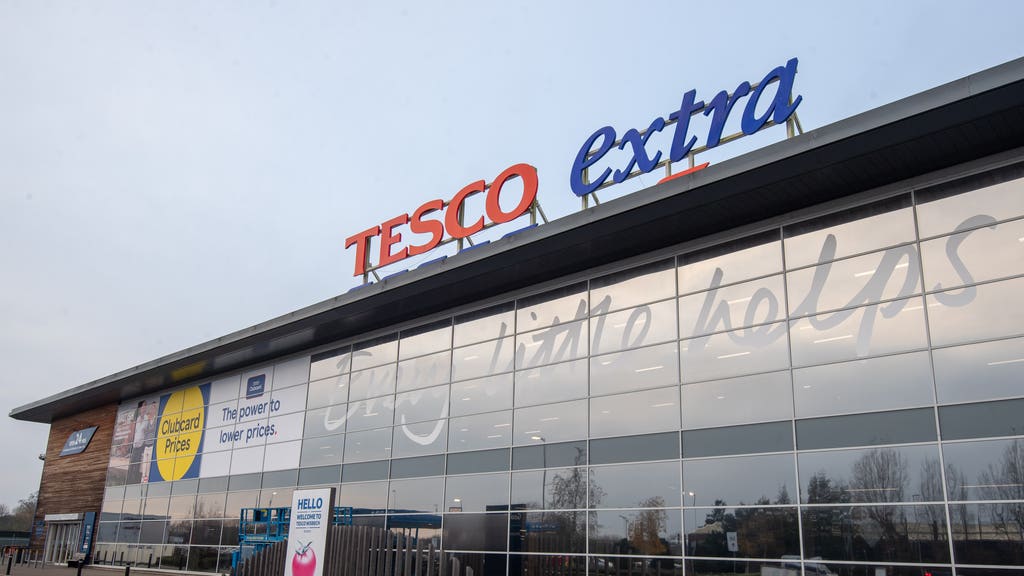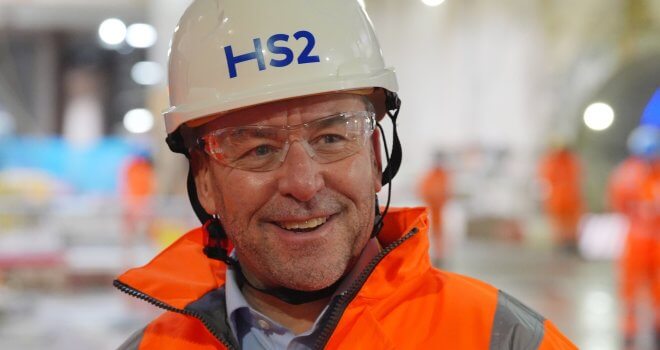Tesco: Let Us Use Apprenticeship Levy Funds To Teach Workers To Drive

Tesco has asked the Government to let it use the Apprenticeship Levy to teach people how to drive, among other changes to the system.
The supermarket, which is one of the biggest private employers in the UK, said that another 8,000 apprenticeships could be added if the Government makes changes to the scheme.
It called for up to £1 in every £10 of the levy’s funds to support “high quality pre-employment and pre-apprenticeship programmes”.
The same amount should also also be used to cover some of the costs of apprenticeships that are not directly training.
This would allow smaller shops and companies to expand the number of apprenticeships they offer, Tesco said.
Funds should also be available for high-quality shorter courses, the supermarket said.
In the five months to January this year, the number of apprenticeships dropped by 18%, meaning there were 36,700 fewer places.
Flexibility in the system could allow Tesco and other retailers to offer more retail-specific training, such as driving courses, it said.
A new report commissioned by the company claims that Tesco not only employs 300,000 people in the UK, but supports a total of one million jobs and £53 billion in the economy.
Tesco chief executive, Ken Murphy, said: “This report shows that what we do as a business has an impact on everyone around us, not just our customers and colleagues, but also the local communities we operate in.
“It is fantastic to see the contribution of Tesco so far, but I know there is more we can do and we are absolutely ready to play our part as the UK rebuilds following the pandemic.
“There is a real opportunity here to boost jobs growth, after one of the most challenging years.
“What we’re asking for is simply the flexibility to use the Apprenticeship Levy to its full potential and give young people the valuable skills, training and experience that will translate into better opportunities in their careers.”
The research was run by Public First, a policy and research company with close ties to the Government.
Its founders formerly worked closely with Chancellor of the Duchy of Lancaster, Michael Gove, and the Prime Minister’s former advisor, Dominic Cummings.
In June, a High Court judge ruled that a decision to award a £500,000 Government contract to Public First was unlawful and showed “apparent bias” after a challenge from the Good Law Project.
A Department for Education spokesperson said: “The Levy supports employers of all sizes to invest in high-quality apprenticeship training. In 2020-21, funding available for investment in apprenticeships will remain around £2.5 billion – double that spent in 2010-11 in cash terms.
“We know not all levy paying employers will use or want to use all of the funds available to them. Any unspent funds in their accounts do not go to waste, but are used to fund new apprenticeships in employers that do not pay the levy, as well as existing apprentices.
“Levy payers can transfer up to 25% of their levy funds to other employers, and many employers are now doing so. We have committed to improve the working of the levy and will be making improvements in response to employers’ feedback, including making it easier for large employers to transfer apprenticeship levy funds to their supply chain, community or sector.”




